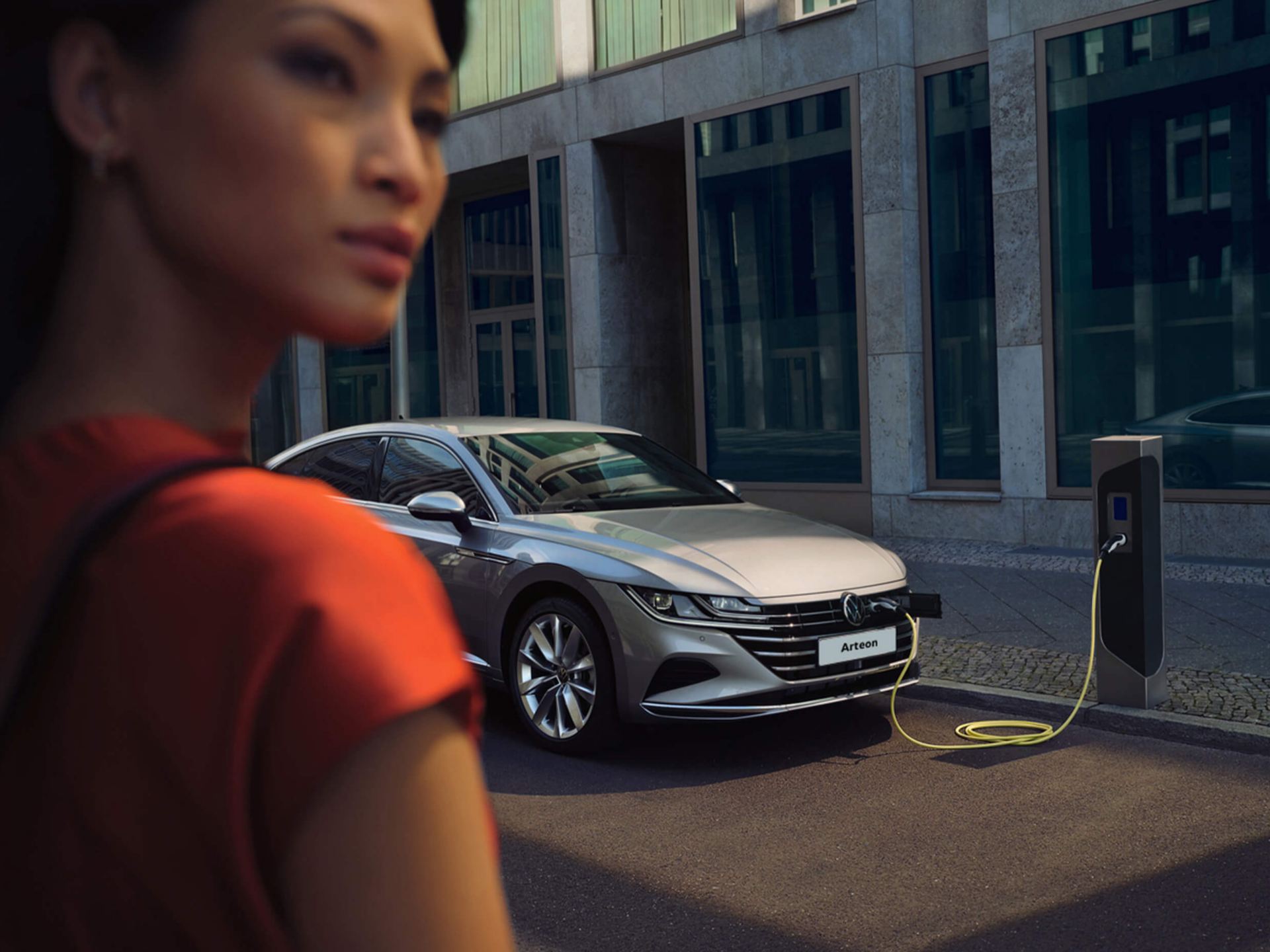The UK has recently taken a significant step towards combating climate change with the introduction of the Zero-Emissions Vehicle (ZEV) mandate. The law requires car and van makers to sell a minimum percentage of zero-emission vehicles or face penalties. The mandate aims to reduce carbon emissions by pushing the widespread adoption of electric vehicles (EVs). In this blog post, we will delve deeper into the details of the new law, what it means for electric vehicle sales and markets, and whether or not it will help the UK achieve its net-zero carbon emissions target.
What is the ZEV mandate?
The ZEV mandate, which became law on January 3, 2024, is seen as the UK's most ambitious regulatory framework for the switch to electric vehicles. The target for 2024 is set at 22% of all new cars sold, and the goal is to reach 80% by 2030 and 100% by 2035.
While the van targets are softer, with a goal of 70% in 2030 and 100% by 2035, it's clear that the UK is committed to pushing for widespread EV adoption over the next decade.
The new law will help households make the switch to electric vehicles and support the growth of EV sales in the second-hand market. To further support EV adoption, the UK's charging network has grown significantly over the past year, with over 50,000 public charge points now live.
BP Pulse, one of the UK's biggest electric vehicle charging networks, plans to invest £1bn over ten years to develop hundreds more EV charging hubs across the country by 2030.

There are still challenges ahead to achieve net-zero carbon emissions
While the ZEV mandate is a great step towards achieving net-zero carbon emissions, concerns remain over a lack of wider incentives for private drivers to go electric. Cost is still a barrier for some, and the Government needs to provide further financial incentives to encourage more people to buy EVs. Improving EV infrastructure is also vital.
Despite efforts to promote the use of electric vehicles, the United Kingdom has fallen short of meeting its target of installing at least six rapid or ultra-rapid electric vehicle (EV) chargers at every motorway service area in England by the end of 2023. According to the RAC, only 39% of the 119 motorway service areas in England have reached the target number of chargers above 50kW.
Research and development efforts are ongoing to improve battery materials, recycling, and managing battery behaviour for longevity. These efforts aim to make electric vehicles more accessible and affordable for the general public. The ZEV mandate is seen as a driver for innovation and technological advancements in the EV industry that will further help to combat climate change.

The ZEV mandate is an important step towards the widespread adoption of electric vehicles in the UK. It reinforces the country's commitment to achieving net-zero carbon emissions and will have a significant impact on the automotive industry's future. While concerns remain over the lack of wider incentives for private drivers to go electric, improving the EV infrastructure and research and development efforts are ongoing and will undoubtedly play a vital role in ensuring the success of this initiative. With the government's continued support and investment in this area, we are optimistic that the UK's goal of reaching 100% zero-emission vehicles by 2035 is well within reach.